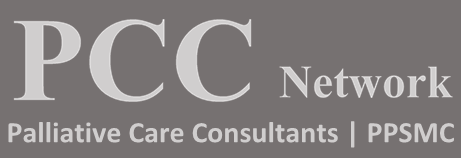HQO Quality Standard for Palliative Care – Statement 3: Advance Care Planning: Substitute Decision Maker
WHAT is Advance Care Planning in Ontario?
Deciding who will make health and personal care decisions for you should you become mentally incapable of doing so. This will be your substitute decision maker (SDM), and in Ontario, there are two ways to determine your SDM:
- Confirming your automatic future SDM from the hierarchy (http://acpww.ca/wp-content/uploads/2018/03/The-Hierarchy-of-Substitute-Decision-Makers-1.pdf) found within the Ontario legislation, under the Health Care Consent Act OR
- Choosing someone else to act as your future SDM by preparing a Power of Attorney for Personal Care (a legal document).
AND…
Discussing with your SDM (and loved ones) your wishes, values and beliefs, and anything else that will help your SDM understand how you would like to be cared for in the event you are mentally incapable of making health care decisions for yourself. Learn more: “Who is My Substitute Decision Maker?”
The Standard to be achieved is for all people living with a progressive, life-limiting illness know who their future substitute decision-maker (SDM) is. They engage in ongoing communication with their SDM about their wishes, values, and beliefs, so that the SDM is empowered to participate in the health care consent process, if required.
What this Quality Standard Means
For Patients, Families, and Caregivers
Ensure you know who your future SDM will be, by Ontario law, if you become mentally incapable of making health decisions. Ontario’s Health Care Consent Act (HCCA) automatically assigns an SDM based on a ranked list.
If the person Ontario’s HCCA automatically assigns to be your future SDM is not who you want in this role, prepare a legal document called a “Power of Attorney for Personal Care.” It is not enough to tell your care team that you want a different SDM.
Once you have confirmed your SDM, talk with them regularly about your wishes, values, and beliefs. This will help them make the right decisions for you, if needed.
For Clinicians
Ensure your patients know who the law considers to be their SDM(s) and how they can appoint someone else if they wish. Encourage patients to plan for their care-to think about their values, wishes, and beliefs, and then share those with their family and their SDM.
For Health Services
Ensure that information and resources are available for people to learn about Ontario laws related to ACP, substitute decision-making, and health care consent.
Download Tip of the Month
PDF – Advance Care Planning: Substitute Decision Making
Sources:
- Test




